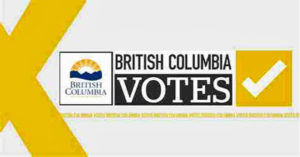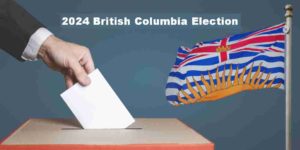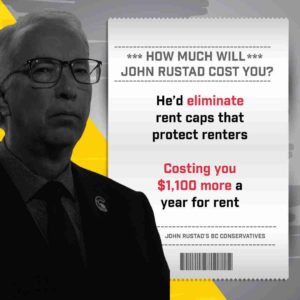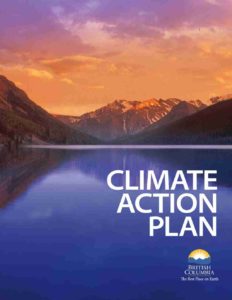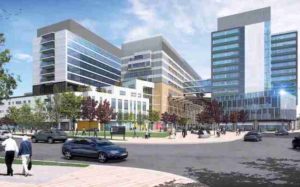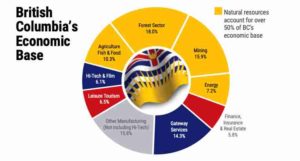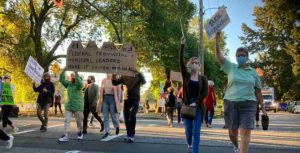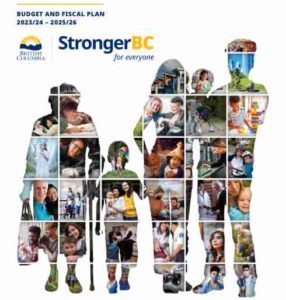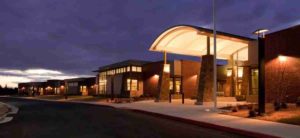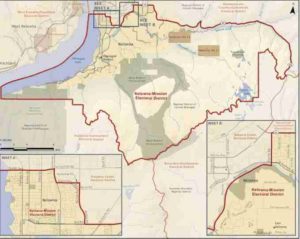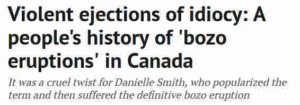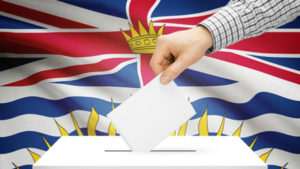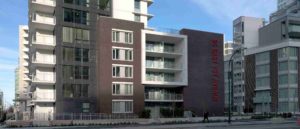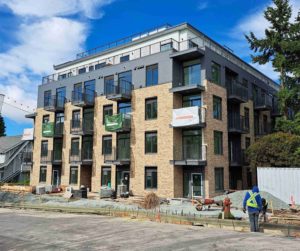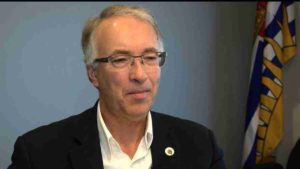
The Vancouver International Film Festival (VIFF) is set to return for its 43rd edition in 2024 — September 26 thru October 6 — promising once again to bring together film enthusiasts, industry professionals, and storytellers from around the world.
Since its inception in 1981, VIFF has established itself as one of the most prestigious film festivals in North America, known for showcasing an eclectic mix of international cinema, Canadian talent, and innovative documentaries.
Held annually in one of Canada’s most cosmopolitan cities, VIFF is not just a film festival — it’s a cultural celebration that embraces global perspectives, storytelling, and cinematic innovation. With its innovative programming and commitment to discovering fresh voices, the always scintillating Vancouver International Film Festival remains a key destination for cinephiles seeking thought-provoking films.
Each year, VIFF brings a curated selection of films that have already made waves at some of the world’s most prestigious film festivals, including Sundance, Berlin, Tribeca, Telluride, Venice, and Toronto. These films arrive in Vancouver having received critical acclaim, awards, and audience recognition when they made their début earlier this year, making VIFF a key destination on the awards circuit, on the road to greater international exposure, and broader recognition, often concluding with Academy Award nominations and wins.
For the 2024 edition, several high-profile, award-winning films will make their way to Vancouver, having already garnered significant attention at earlier festivals.
Award Winning Films To Screen at VIFF 2024 | Part 3
Here are six more of the most anticipated films that will screen at VIFF 2024 (note: each highlighted film title, should you click on it, will take you to the VIFF page providing more detail on the film, allowing you to purchase tickets for the film, too).
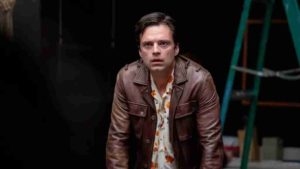
- A Different Man. Silver Bear for Best Leading Performance. Berlin 2024. Aaron Schimberg, USA, 2024. By refracting Brian De Palma’s self-reflexiveness and the Coen brothers’ mordant fatalism through the prism of his most personal obsessions, Schimberg creates a house of mirrors so brilliant and complex that it becomes impossible to match any of his characters to their own reflections, and absolutely useless to reduce the movie around them to the stuff of moral instruction.

- A Traveler’s Needs. Silver Bear Grand Jury Prize, Berlin 2024. Yeohaengjaui pilyo / 여행자의 필요. Hong Sangsoo, South Korea, 2024. A Traveler’s Needs is just the tonic: a film that passes through you like a breath of fresh air. With an endearingly scatty, offhand performance from Isabelle Huppert that lends the proceedings a veil of comfy familiarity, A Traveler’s Needs nonetheless finds the indefatigable Korean auteur at his most puckishly cryptic.

- Black Dog. Un Certain Regard Prize, Cannes 2024. Gou Zhen / 狗阵. Guan Hu, China. Written by Hu and longtime collaborator Rui Ge, Black Dog embraces the same premise of countless a noir before it: a lone drifter comes home to start afresh, only to face the ghosts of his troubled past. What’s sensational about Hu’s latest is the way it undercuts that dread to land on an engrossing note that rings wholly, convincingly earned.
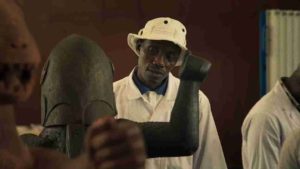
- Dahomey. Golden Bear for Best Film, Berlin 2024. Mati Diop’s captivating, fabulistic documentary Dahomey confronts the reality of how modernity has been shaped by the West’s theft of cultural heritage. An invigorating, agile, cerebral, strange and enlivening film, an all at once captivating and rigorously intellectual film that will leave you with a mighty impression well beyond the film’s compact length.
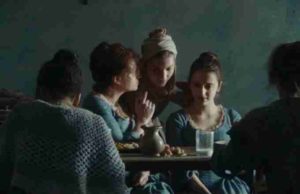
- Gloria!. Grand Jury Prize: Official Competition, Seattle 2024. With the possible exception of Tora! Tora! Tora!, any film with an exclamation point in the title should by rights be a spangly, full-scale musical. A frothy tale of warring classical music sensibilities in a Venetian girls’ refuge, Gloria! stops short of complete commitment to that rule — but it’s when it fully suspends reality for all-singing, all-stamping choral ecstasy that Margherita Vicario’s début is most exciting.
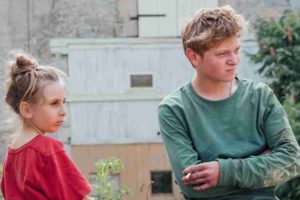
- Holy Cow. Youth Award: Un Certain Regard, Cannes 2024. North American Première. The début feature of Louise Courvoisier, who also grew up on a farm in the Jura, Holy Cow is a small but likeable coming-of-age tale that reeks of dung, grilled sausages, sweat and diesel oil. Lovingly shot in warm natural light, and accompanied by a gentle, lilting soundtrack, Holy Cow is shot through with compassion for its rascally yet vulnerable protagonist, 18-year-old Totone (Clement Faveau), a mop-haired lad who just wants to have fun with his mates, get drunk and get laid. But then his father dies and he is left with a failing farm and a little sister to look after.

VIFF Award Winning Films | Part 1 (just click on the preceding link to access page)
VIFF Award Winning Films | Part 2 (just click on the preceding link to access page)
